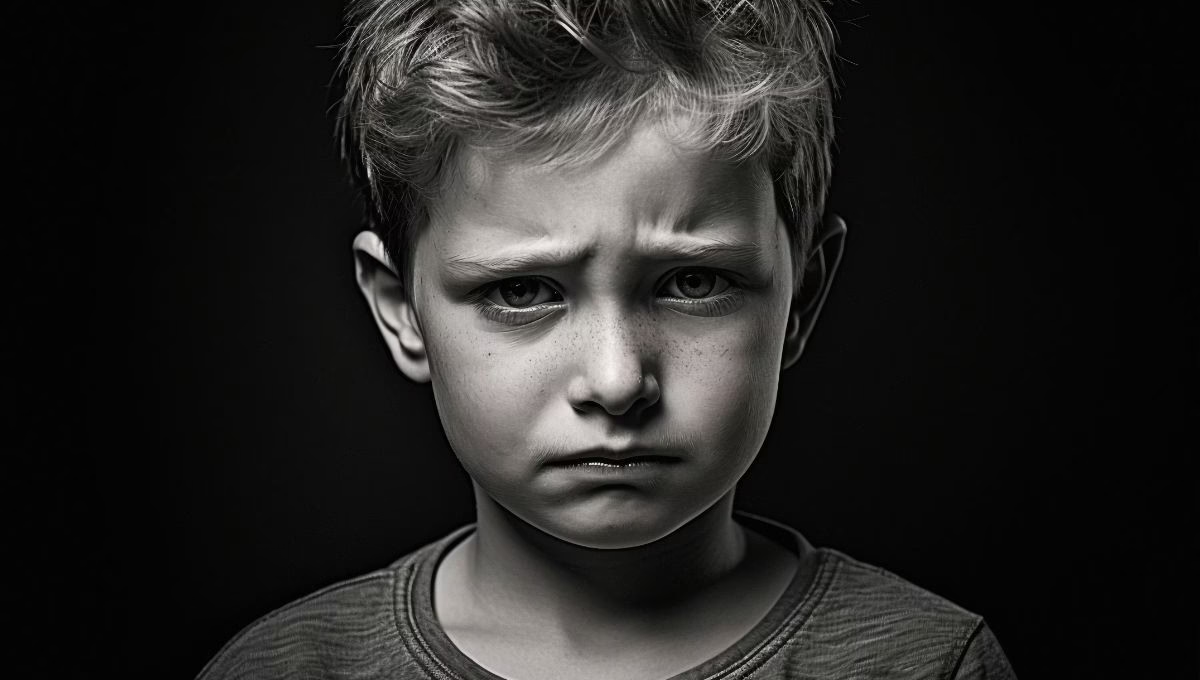Children listen to us very carefully. Every word our parents say leaves a mark on their minds. No matter how much we love our children, sometimes in moments of anger, fatigue or frustration, some words come out of our mouths that we didn’t really mean to say. But those words can damage a child’s confidence and self-esteem in the long run.
The right words can be the biggest motivation for children to grow, learn and develop. On the other hand, the wrong words can create fear, inferiority and fear of failure in them. Below are three common phrases that parents use unknowingly, but they do a lot of harm.

1. “Why can’t you be like your brother or friend?”
This may sound like inspiration to parents, but it becomes a cause of intense pain in the child’s mind. When we compare our children to others, they feel—
- ”I’m not good enough.”
- ”My own self-worth is worthless.
Psychologists say that constant comparisons increase feelings of jealousy, competition, and inadequacy in children. This makes them underestimate their own abilities and gradually lose confidence.
Instead, say
- ”I see great creativity in your drawings.”
- ”The way you solve problems is really admirable.”
That is, bring out the child’s own strengths and successes. This will make them understand that being the way they are is valuable.

2. ”You’re too sensitive” or ”Stop crying”
Many parents say these things out of anger when their child is crying or expressing sadness. The intention may be to calm, but it hides a bigger message—
- “Your emotions are unimportant.”
- “You are weak or ashamed.”
Results
Children gradually become afraid to express their emotions. They think that crying or expressing sadness is wrong. As a result, they can grow up to have problems controlling their emotions and lose confidence.
Instead, say
- “I understand that this really upsets you. Let’s talk about it.”
By acknowledging emotions in this way, children will learn that their feelings are important. By receiving empathy, they will feel safe to express themselves.

3. If you keep doing this, you will never succeed.”
This sentence is usually said with the intention of warning. But it instills fear and failure in children. They think—
- “My future is full of failure.”
- “My efforts will not be of any use.”
As a result, children lose interest in trying. They are afraid to learn new things, because they feel that they will fail even if they try. But it is through trial and error that resilience and confidence are built.

Instead, say
- “If you practice differently, you can do better.”
- “It’s okay to make mistakes, that’s how we learn.”
This is how a growth mindset can be created. Children will understand that mistakes do not mean failure, but an opportunity to improve.
Why are these words so harmful?
The power of words is infinite. Children’s brains are still in the formation stage. So every sentence a parent says becomes their inner story. For example—
- I’m not good enough.
- My emotions are wrong.
- I will always fail.
These beliefs grow up to deeply affect their confidence, relationships, and future decisions.
How to change habits?
- Encourage, not compare – every child has a unique talent. Find out and celebrate it.
- Acknowledge emotions – Don’t minimize a child’s crying or sadness. Instead, show empathy.
- Use the language of hope, not fear – “You can”, “You are learning”, these types of sentences build confidence in the child’s mind.
Children not only remember what we say, they turn those words into their own life stories. So it is the responsibility of parents to consciously choose words that create encouragement, love and confidence.
Avoid comparisons, denial of emotions, or sentences that convey a message of fear. Instead, use recognition, empathy and positive encouragement.
This is how we can raise future generations to be more confident, resilient and happy people.

Hi readers. I’m Piyali Batabyal, a passionate blogger who loves to share her thoughts, ideas, and experiences across a variety of topics—from lifestyle and beauty to personal growth and creativity. With a curious mind and a love for words.
Alongside my writing, I am also a professional makeup artist with a flair for enhancing natural beauty and creating transformative looks.

